Our response to the Autumn Budget 2024
What it means for Disabled People and Carers:
Carer’s Allowance: The Carer’s Allowance Weekly Earnings Limit will be raised to the equivalent of 16 hours of the National Living Wage, or an increase of £45 per week. The largest increase to the earnings limit, say the Government, since Carer’s Allowance was introduced in 1976. However, we anticipate whilst this will help up to 60,000 carers who now become eligible for Carers Allowance, this measure affects fewer than 1.3% of working age carers.
Disability Benefits: The Government has confirmed that it will continue with the previous Government’s reforms to the Work Capability Assessment, with further welfare changes expected with the upcoming ‘Getting Britain Working’ Plan. The Government will set out reforms to Health and Disability benefits early in 2025.
SEND Funding: An increase of £1bn for Special Education Needs and Disabilities, the second biggest ever year-on-year increase, say the Government, and “an important step in realising the Government’s vision to reform England’s SEND provision to improve outcomes and return the system to financial sustainability.”
Social care: The Government has announced an increase in core local government spending power, including at least £600 million in new grant funding to support social care. However, local authority spending is still projected to decline to 4.8% of GDP by 2029-30 from its current 5.0% levels, well below the 7.4% historic benchmark seen in 2010-11. With local authorities delivering nearly 85% of social care, and social care costs accounting for ~70% of upper-tier local authority budgets in England in 2023-24 (Office for Budget Responsibility, 2024), a lack of long-term funding and policy remains a key challenge not addressed in today's announcement.
Disabled Facilities Grant (DFG): There will be an £86 million increase to the Disabled Facilities Grant “to support 7,800 more adaptations to homes for those with social care needs to reduce hospitalisations and prolong independence. According to Disability Policy Centre analysis, this represents a 16% increase in overall DFG funding but with half of households who need necessary adaptations still waiting for them, we estimate that a funding gap of £440 million still remains (House of Commons Library, 2023).
Chloe Schendel-Wilson, Director and Co-Founder of the Disability Policy Centre said:
“There are some positive steps in the right direction from the Government on areas such as increasing the Carer’s Allowance and increasing funding for special educational needs. This shows that the Government is listening to charities and campaigners, and is showing promise about tackling the issues that matter to disabled people and carers. For that the Chancellor should be credited.
However, funding was not always accompanied by detailed or transformative policy solutions. The National Audit Office’s recent report, for example, showed a £5bn cumulative debt for councils by 2029. The announced £1 billion today is therefore a drop in the ocean in comparison, which will quickly disappear in the current fractured system. Plans for improving education for disabled children will require funding to be accompanied by ambitious policy reform - which we hope to provide over this coming Parliament.
Considering the Government’s overriding ambition to drive economic growth, it is surprising that there was little detail on welfare reform and how to incentivise employers to boost economic growth. Our ‘Non-Friction Jobs Package’ proposes incentives that can close the Disability Employment Gap, such as super-deducting occupational health, or exempting Employers’ National Insurance for employers who hire those who are currently economically inactive.
The announcement on Carers Allowance shows an understanding of the issues faced, and a willingness to support disabled people and carers in employment. However it will need to be accompanied by serious work with employers, and an ambitious programme to improve the welfare system, if we really want to create a society that works for all.
We therefore hope that this Budget represents the beginning of this government’s journey on disability and will be swiftly followed by more committed engagement with the disability sector. The Government will need to plot out a package of reforms which will make a lasting difference to people’s lives and build a legacy that they can be proud of.”
